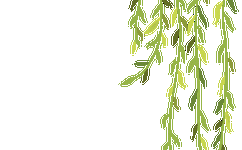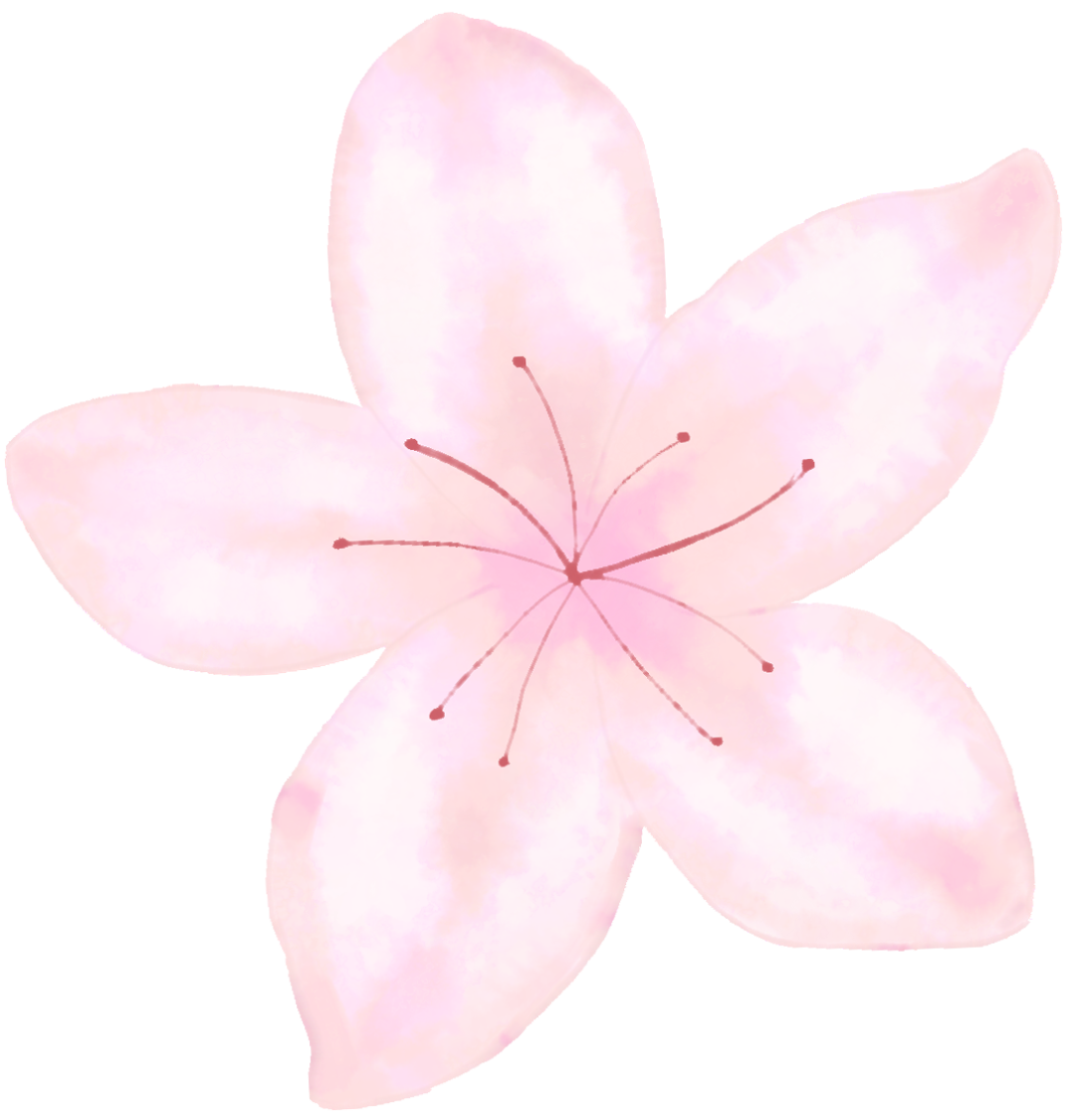
Spring
Equinox
·Season
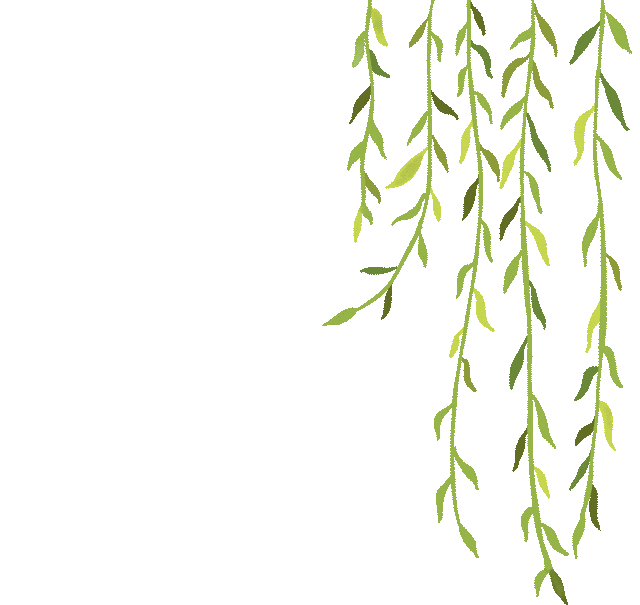

Knowledge of Health Preservation During the Spring Equinox
The Spring Equinox is the fourth of the twenty-four solar terms, occurring around March 20 each year. On this day, day and night are equal in both the northern and southern hemispheres. After this day, the sun continues to move northward from the equator, leading to longer days in the northern hemisphere and shorter days in the southern hemisphere. During the Spring Equinox, the climate is mild, with abundant rainfall and bright sunshine. In this season, traditional customs in China include kite flying, eating spring vegetables, and balancing eggs.
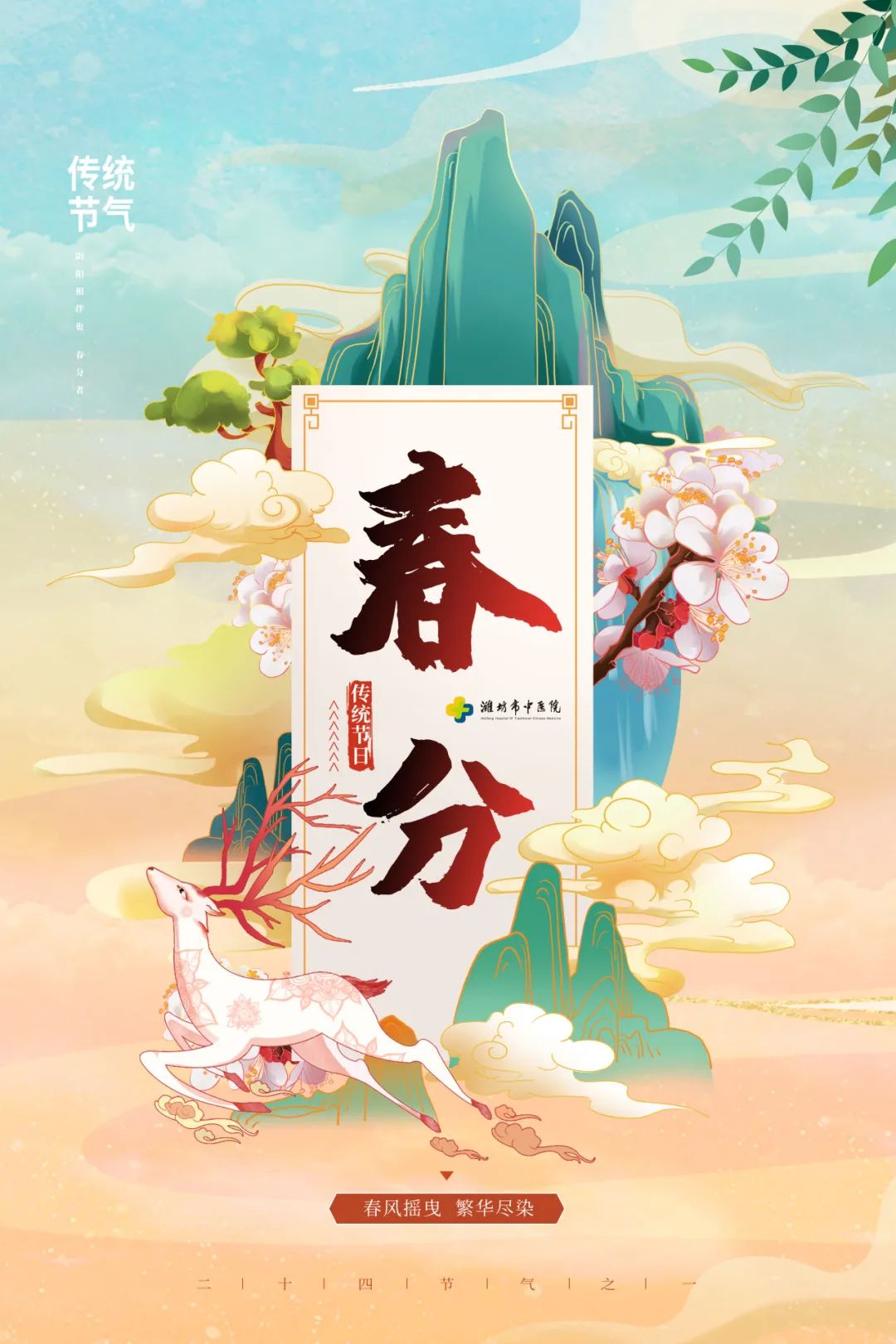
According to Dong Zhongshu from the Han Dynasty in “Chunqiu Fanlu: Yin Yang In and Out Up and Down”: “The Spring Equinox is when Yin and Yang are in balance.” During the Spring Equinox, the rising Yang energy and the descending Yin energy gradually harmonize, achieving a balance of Yin and Yang. Therefore, dietary practices should align with the characteristics of the season, emphasizing “balance” and incorporating more warming and nourishing foods. Additionally, as the spring weather is dry, it can lead to dryness in the throat and irritability, so it is advisable to include foods that moisten dryness and generate fluids in the diet.
During the Spring Equinox, the liver Qi is vigorous. If the wood element is too strong, it can affect the digestive function of the spleen and stomach, leading to poor appetite and lack of desire to eat. Therefore, in addition to soothing the liver and promoting Qi flow, one should also consume foods that aid digestion and strengthen the spleen and open the appetite.
Dietary combinations should be tailored to individual constitutions, avoiding extreme cold or heat. For example, when cooking cold foods like duck, river clams, or river crabs, it is best to pair them with warming ingredients like scallions, ginger, and yellow wine. When consuming warming foods like leeks, garlic sprouts, or chives, it is advisable to pair them with yin-nourishing foods like eggs or pork.

Spring Equinox Poetry
“Spring Equinox” by Liu Changqing from the Tang Dynasty
The sun and moon balance Yin and Yang, the mysterious bird does not shun the cold of peach blossoms.
Today, the rooster stands upright, and the good man on the river releases the kite.

Spring Equinox Kitchen
Recommended Ingredients for Medicinal Cuisine
Recommended medicinal ingredients include yam (山药, shān yào), jujube (大枣, dà zǎo), malt (麦芽, mài yá), chicken gizzard (鸡内金, jī nèi jīn), hawthorn (山楂, shān zhā), citron (香橼, xiāng yuán), finger citron (佛手, fó shǒu), and honey (蜂蜜, fēng mì).
Common ingredients include Chinese toon (香椿, xiāng chūn), shepherd’s purse (荠菜, jiā cài), noodle vegetables (面条菜, miàn tiáo cài), elm seeds (榆钱, yú qián), seaweed (苔菜, tái cài), carrots (胡萝卜, hú luó bo), strawberries (草莓, cǎo méi), pineapples (菠萝, bō luó), pig liver (猪肝, zhū gān), and beef (牛肉, niú ròu).
Medicinal Cuisine Recommendations
Yam and Black Fungus Stir-Fried Carrots (Serves about 2)
1
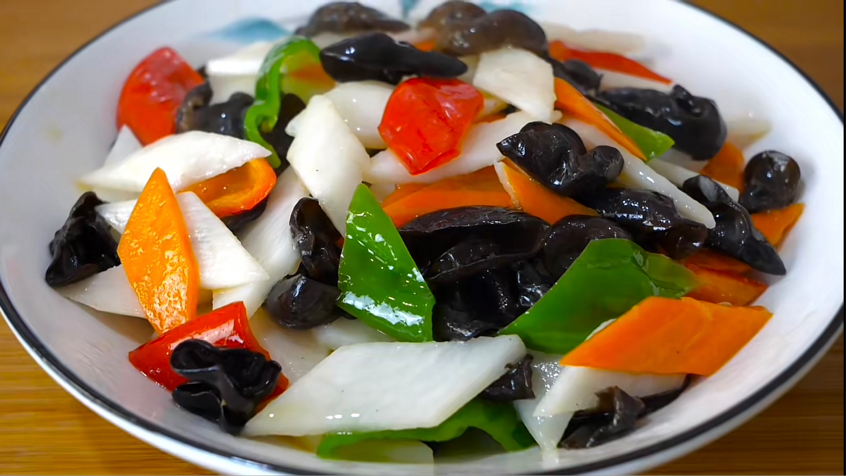
Ingredients: 200g yam (山药, shān yào), 250g carrots (胡萝卜, hú luó bo), 15g black fungus (黑木耳, hēi mù ěr), scallions, oil, salt, chicken essence, and rice vinegar to taste.
Method: Soak the black fungus in advance, wash it, and tear it into small pieces. Peel and wash the yam and carrots, then slice them. Heat a wok over high heat, add oil, and when it reaches about 60% heat, add chopped scallions to sauté until fragrant. Add the carrots and yam, stir-frying over high heat until the yam is just cooked, then add the black fungus and stir-fry. Season with salt, chicken essence, and rice vinegar to taste.
Effectiveness: Tonifies Qi and strengthens the spleen.
Yam is known for its ability to strengthen the spleen and benefit the stomach, nourish the lungs and stop cough, and generate fluids to relieve thirst. It is often referred to as the “food of immortals” due to its rich content of trace elements, vitamins, minerals, mucoproteins, yam polysaccharides, saponins, and polyphenol oxidase, which enhance immunity, provide antioxidant effects, and protect blood vessels, making it an excellent food supplement for recovery after illness.
Black Fungus is known for its ability to tonify Qi, strengthen the body, nourish the kidneys and stomach, moisten the lungs and stop cough, and replenish Qi and blood. It contains protein, lecithin, iron, calcium, magnesium, and various nutrients, and is rich in dietary fiber, which helps prevent constipation and regulate blood lipids.
Carrots are known for their ability to strengthen the spleen and harmonize the stomach, nourish the liver and improve vision, resolve phlegm and stop cough, and clear heat and detoxify. Often referred to as “little ginseng,” they are rich in carotene, vitamin A, B vitamins, anthocyanins, calcium, and iron, providing benefits for liver health, enhancing immunity, antioxidant effects, cancer prevention, lowering blood sugar and lipids, and promoting bowel movements and detoxification.
Carp and Bamboo Shoot Soup (Serves about 2-3)
2
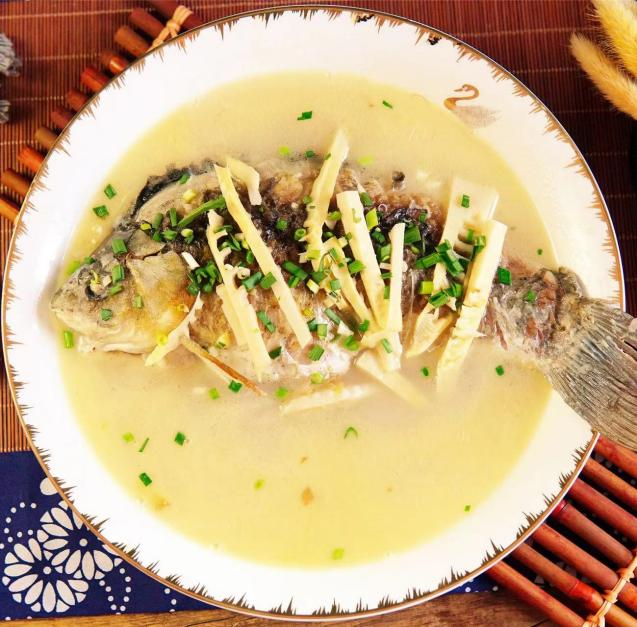
Ingredients: One carp (鲫鱼, jì yú), 100g fresh bamboo shoots (鲜春笋, xiān chūn sǔn), 20g shiitake mushrooms (冬菇, dōng gū), 3 slices of ginger (生姜, shēng jiāng), scallions, cilantro, yellow wine, edible salt, and oil to taste.
Method: 1. Wash the bamboo shoots, boil for 3 minutes, soak in cold water for 20 minutes, then repeat boiling for 3 minutes and soak in cold water for 2 hours to remove bitterness. Cut into small sections and set aside; 2. Clean the carp, rub a little salt, yellow wine, and ginger on the fish, and marinate for about 20 minutes; 3. Clean the shiitake mushrooms and cut into cubes; 4. Lightly fry the carp on both sides in an oiled pan, add water, then add the prepared bamboo shoots and shiitake cubes, bring to a boil over high heat, then simmer for 30 minutes, adding scallions, cilantro, and salt to taste.
Effectiveness: Bamboo shoots are sweet and slightly cold in nature. According to “Bencao Gangmu Shiyi,” they can “descend Qi, nourish blood, benefit the diaphragm, resolve phlegm, clear heat, quench thirst, and treat wind evil.” Fresh and tender bamboo shoots are light and nutritious, containing rich plant protein, calcium, phosphorus, iron, and other essential nutrients and trace elements. Carp is delicious, sweet, and warm in nature, benefiting the spleen, transforming dampness, and nourishing the five organs. Shiitake mushrooms are sweet and neutral, strengthening the spleen and nourishing the stomach. Paired with the spicy and slightly warm ginger, scallions, and cilantro, they can eliminate the fishy taste of the carp and balance the cold nature of the bamboo shoots. This medicinal dish is tender, fragrant, and sweet, with the effects of strengthening the spleen, nourishing the stomach, and resolving heat and phlegm.
Clinical Nutrition Department
Introduction
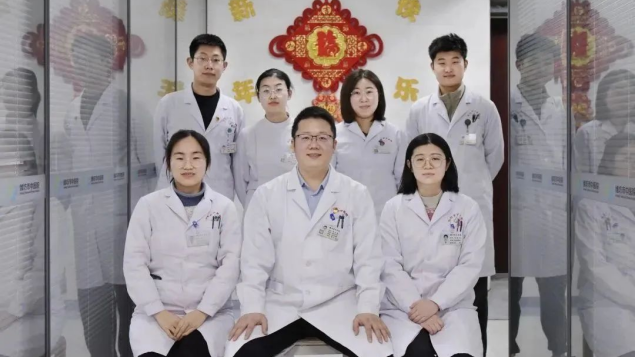
The Clinical Nutrition Department of Weifang Traditional Chinese Medicine Hospital is a comprehensive clinical discipline integrating prevention, healthcare, medical treatment, research, and education. It is a member unit of the expert group for clinical nutrition projects of the National Health Commission’s Hospital Management Research Institute, a certified clinical trial institution for special medical purpose formula foods, a pilot unit for the “integrated diagnosis and treatment” construction of clinical nutrition departments, a pilot unit for the “Nutrition and Dietary Therapy Construction and Management Guidelines (2018),” a national teaching base for medical nutrition weight management, and the Weifang Health Food Research and Development Center. The department currently implements a standardized clinical nutrition “screening-assessment-diagnosis-treatment-follow-up” integrated treatment pathway, nutrition consultations and rounds, individualized enteral nutrition formulations and parenteral nutrition prescriptions, body composition analysis, and various nutrition-related metabolic tests. It also provides postpartum nutritional meals and dietary treatments for diabetes and kidney disease, standardized clinical applications of special medical purpose formula foods, perioperative accelerated recovery nutritional management, participation in multidisciplinary teams (MDT), dietary guidance for chronic disease medical nutrition, research and promotion of health-preserving medicinal cuisine, and integrated nutritional support for different groups such as the elderly, pregnant women, and infants.
The Clinical Nutrition Department of Weifang Traditional Chinese Medicine Hospital is committed to better safeguarding the health of the people in Weifang throughout their life cycle, focusing on public health needs, popularizing scientific health preservation knowledge, enhancing public nutritional literacy, promoting healthy lifestyles, and striving to implement the concept of “A hundred flavors and a thousand dishes into every home” and “Traditional Chinese Medicine makes life better,” contributing to the improvement of national nutritional literacy and the construction of a healthy China.
Consultation Phone: 0536-8060615
Expert Introduction

Zhang Yongchao
Associate Chief Physician, Master of Medicine, with over 10 years of experience in clinical nutrition. Specializes in enteral and parenteral nutrition therapy for various diseases; medical nutrition weight management; management of hyperuricemia; treatment of hyperhomocysteinemia; dietary guidance for chronic diseases.
Consultation Hours:
West Campus: All day Monday and Tuesday
East Campus: Wednesday and Friday mornings
Author Introduction

Chen Xiao
Attending Physician, National Registered Dietitian, Master of Medicine, graduated from Zhengzhou University with a major in Nutrition and Food Hygiene. Also serves as a member of the second Nutrition and Health Professional Committee of Weifang Preventive Medicine Association and the fifth Geriatric Disease Professional Committee of Weifang Traditional Chinese Medicine Association; specializes in individualized nutritional therapy for common clinical diseases, medical nutrition therapy for chronic metabolic diseases such as diabetes, obesity, kidney disease, and liver disease.
Submitted by: Clinical Nutrition Department, Chen Xiao


West Campus
Emergency Rescue Phone: 8190075 (24 hours)
Consultation Phone: 8060000 (Daytime 8:00-18:00)
8060201 (Daytime 8:00-11:30 13:30-17:30)
Night Duty Phone: 8190100 (Night 18:00 to next day 8:00)

East Campus
Emergency Rescue Phone: 8590858 (24 hours)
Consultation Phone: 8060000 (Daytime 8:00-18:00)
8590501 (Daytime 8:00-11:30 13:30-17:30)
Night Duty Phone: 8590386 (Night 18:00 to next day 8:00)


